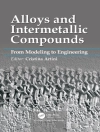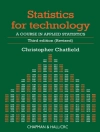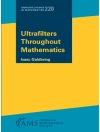Most books on reliability theory are devoted to traditional binary reliability models allowing for only two possible states for a system and its components: perfect functionality and complete failure. However, many real-world systems are composed of multi-state components, which have different performance levels and several failure modes with various effects on the entire system performance (degradation). Such systems are called Multi-State Systems (MSS). The examples of MSS are power systems where the component performance is characterized by the generating capacity, computer systems where the component performance is characterized by the data processing speed, communication systems, etc.
This book is the first to be devoted to Multi-State System (MSS) reliability analysis and optimization. It provides a historical overview of the field, presents basic concepts of MSS, defines MSS reliability measures, and systematically describes the tools for MSS reliability assessment and optimization. Basic methods for MSS reliability assessment, such as a Boolean methods extension, basic random process methods (both Markov and semi-Markov) and universal generating function models, are systematically studied. A universal genetic algorithm optimization technique and all details of its application are described. All the methods are illustrated by numerical examples. The book also contains many examples of application of reliability assessment and optimization methods to real engineering problems.
The aim of this book is to give a comprehensive, up-to-date presentation of MSS reliability theory based on modern advances in this field and provide a theoretical summary and examples of engineering applications to a variety of technical problems. From this point of view the book bridges the gap between theoretical advances and practical reliability engineering.












